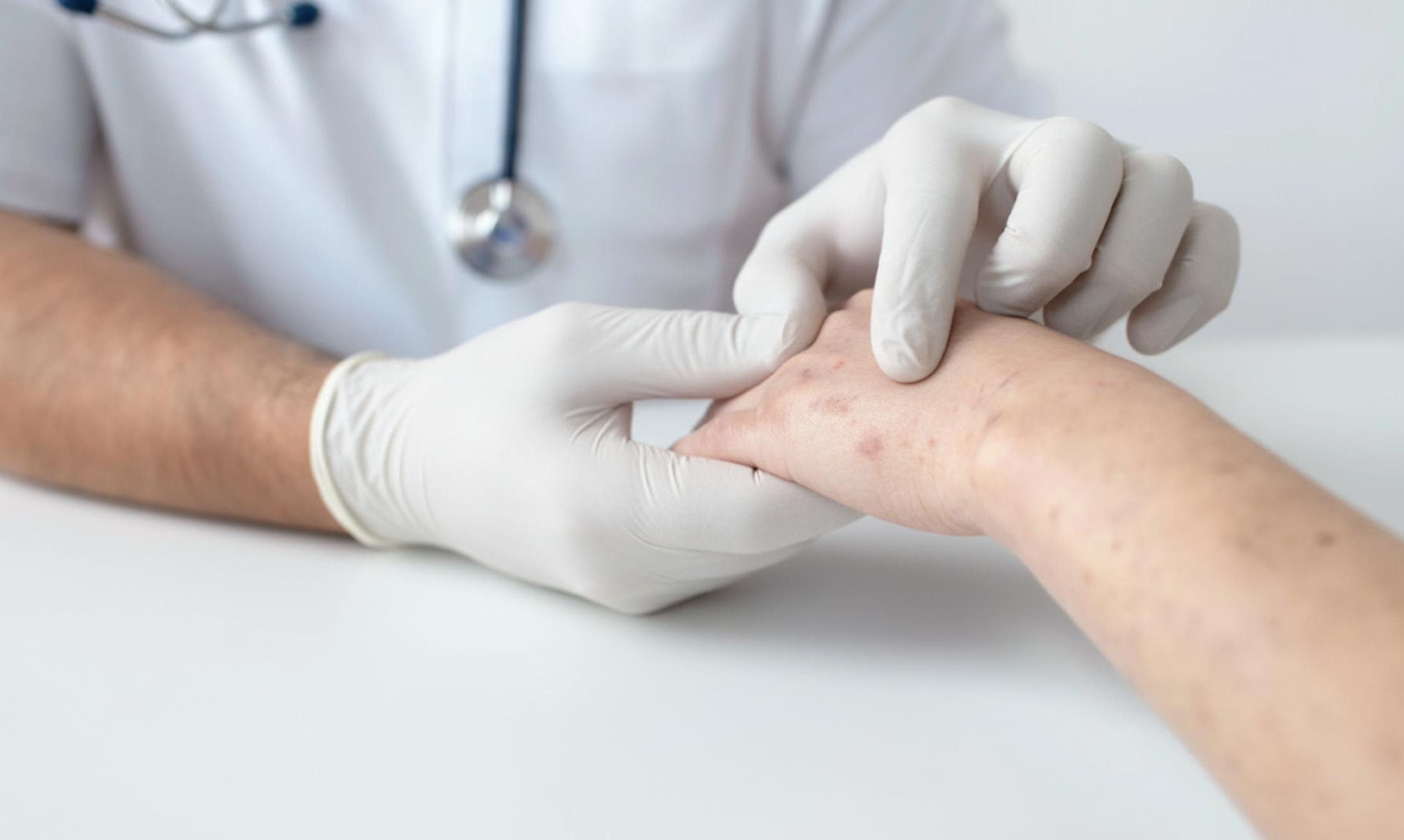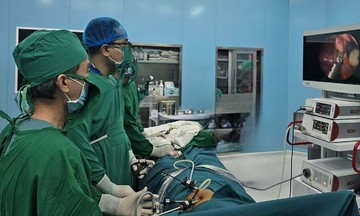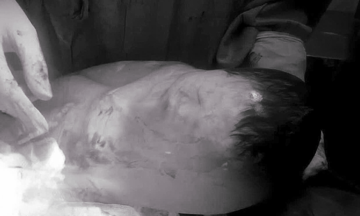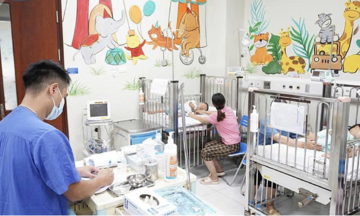Most people infected with human papillomavirus (HPV) do not experience any symptoms. About 90% of cases clear up without treatment, usually within two years. However, the virus sometimes persists and causes symptoms. This can depend on the strain of HPV contracted.
Some HPV strains can cause warts, typically HPV-6 and HPV-11. Other strains, such as HPV-16 and HPV-18, don't cause warts but can lead to certain cancers. Warts are a common symptom and can appear weeks, months, or even years after HPV infection. The shape and location of warts vary depending on the viral strain.
Common warts are raised, reddish bumps that typically appear on the elbows, fingers, and hands. They can be painful or bleed easily.
Genital warts are most common on the vulva. They can also appear near the anus, in the vagina or on the cervix in women, or on the penis and scrotum in men. These warts may resemble cauliflower, small raised bumps, or flat lesions like bruises. They can be itchy but rarely painful.
Flat warts appear as slightly raised, flat-topped, darkened skin patches and can occur anywhere on the body.
Plantar warts appear hard and grainy. They commonly occur on the soles of the feet and can be uncomfortable.
Oral warts: The same HPV strains that cause genital warts can also cause warts in the mouth and throat, known as oral HPV. Symptoms can include ear pain, hoarseness, persistent sore throat, painful swallowing, unexplained weight loss, and swollen lymph nodes.
 |
Common HPV warts can appear on the elbows, fingers, and hands. AI generated illustration. |
Treatment:
There is no cure for HPV, but there are treatments for the health problems it causes. Many warts clear up without treatment.
Over-the-counter products should not be used to treat genital warts. Depending on the location, number, and size of the warts, a doctor may recommend methods such as chemical burning, cryotherapy, laser therapy, medication, or surgery. However, removing warts does not eliminate the virus, and HPV can still be transmitted to others.
After treating the symptoms, the doctor may recommend a follow-up appointment after one year to see if the HPV infection persists. If precancerous or cancerous cell changes are detected, further monitoring and appropriate treatment will be necessary.
HPV can be prevented by practicing safe sex and using condoms. Vaccination can prevent some HPV strains linked to cancer or genital warts. Women aged 21-29 should have regular Pap tests to detect early signs of HPV infection. Women aged 30-65 should have an HPV test every 5 years along with a Pap test. There is currently no HPV test for men, so those infected with HPV can transmit the virus unknowingly.
Anh Ngoc (According to Healthline)












